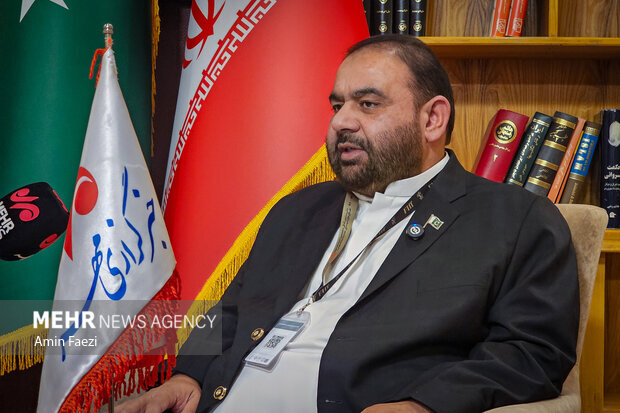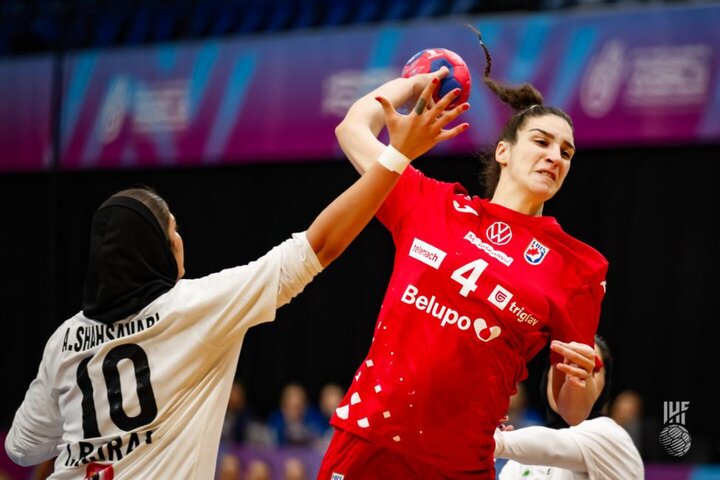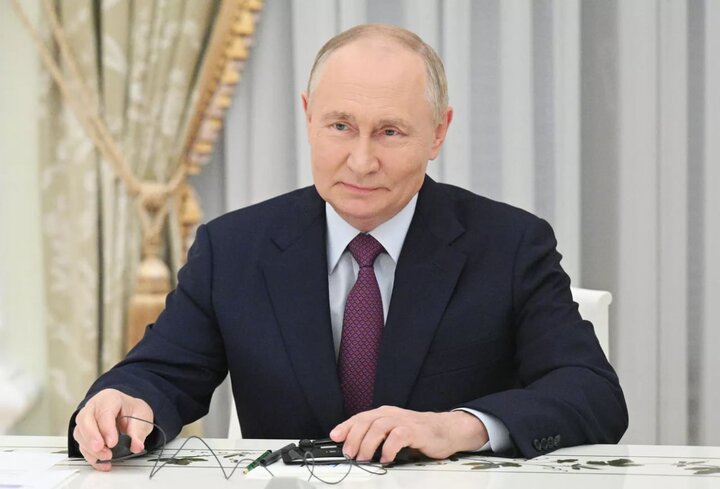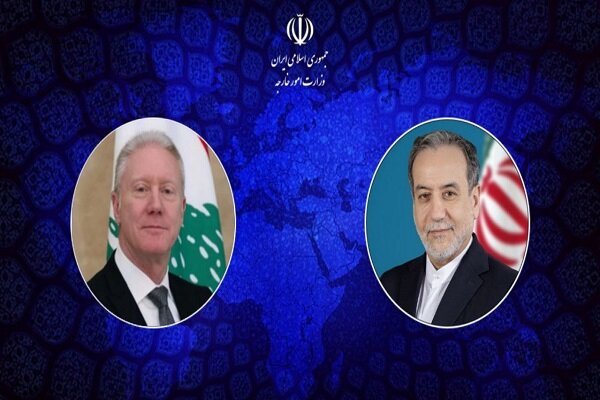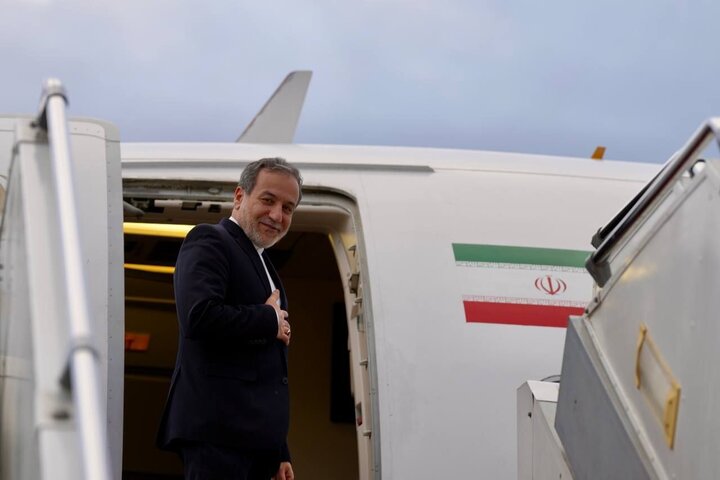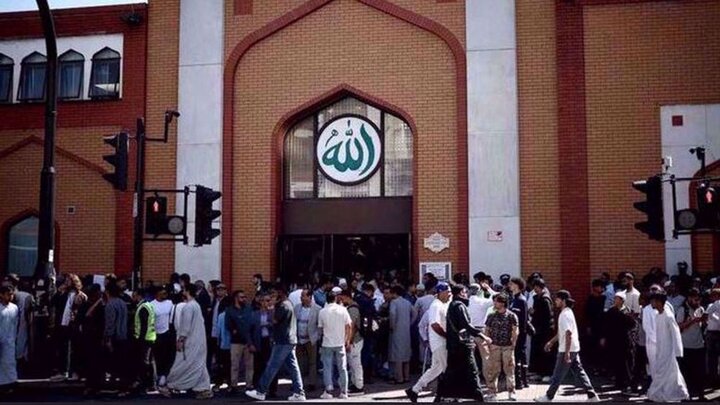
Official data released by the Office for National Statistics (ONS) for 2023 showed that out of the 591,072 babies born in England and Wales, 4,661 were named Muhammad.
Compared to the 4,177 named Muhammad in 2022, the ONS data showed a year-on-year increase, while the number of births in general has decreased to the lowest level since 1977 (569,259).
There are three variant spellings for the Arabic name محمد recorded by ONS. These spelling variants of the same person, the Prophet of Islam, are listed separately because ONS name rankings are based on the exact spellings of names given at birth registration, meaning similar names with different spellings are counted separately.
When the 1,601 boys named Mohammed in England and Wales in 2023 are added to the 835 named Mohammad in addition to the 4,661 boys named Muhammad, the total number of boys named after the Prophet of Islam reaches 7,097, showing a huge gap with other popular boys names.
Noah and Oliver, with 4,382 and 3,556, respectively, came in second and third place on the list of England’s most popular baby names for boys.
Choosing names varies widely from family to family. According to experts, the psychology behind choosing names is rooted in cultural or family traditions. It is also influenced by pop culture, emotional or individual preferences and even the seasons.
Most parents choose their children’s names as a means to express themselves, which can be based on emotional or social factors such as the sense of belonging, connection and religious commitment, or even as a symbol of conversion to a new faith.
In the meantime, based on ONS data, the United Kingdom has seen rapid growth in its Muslim population.
As the UK’s Muslim population grows, Islam has become the fastest-growing religion in the UK despite rising Islamophobia.
The Church of England, the established Christian church in England and the Crown Dependencies, is instead in decline with fewer people joining each year.
The Church of England was established by King Henry VIII by splitting from the Catholic Church in the 1530s. The Pope was replaced by the King as the religious figurehead, causing a continuous rift between the UK’s Catholics and Protestants.
DID/
